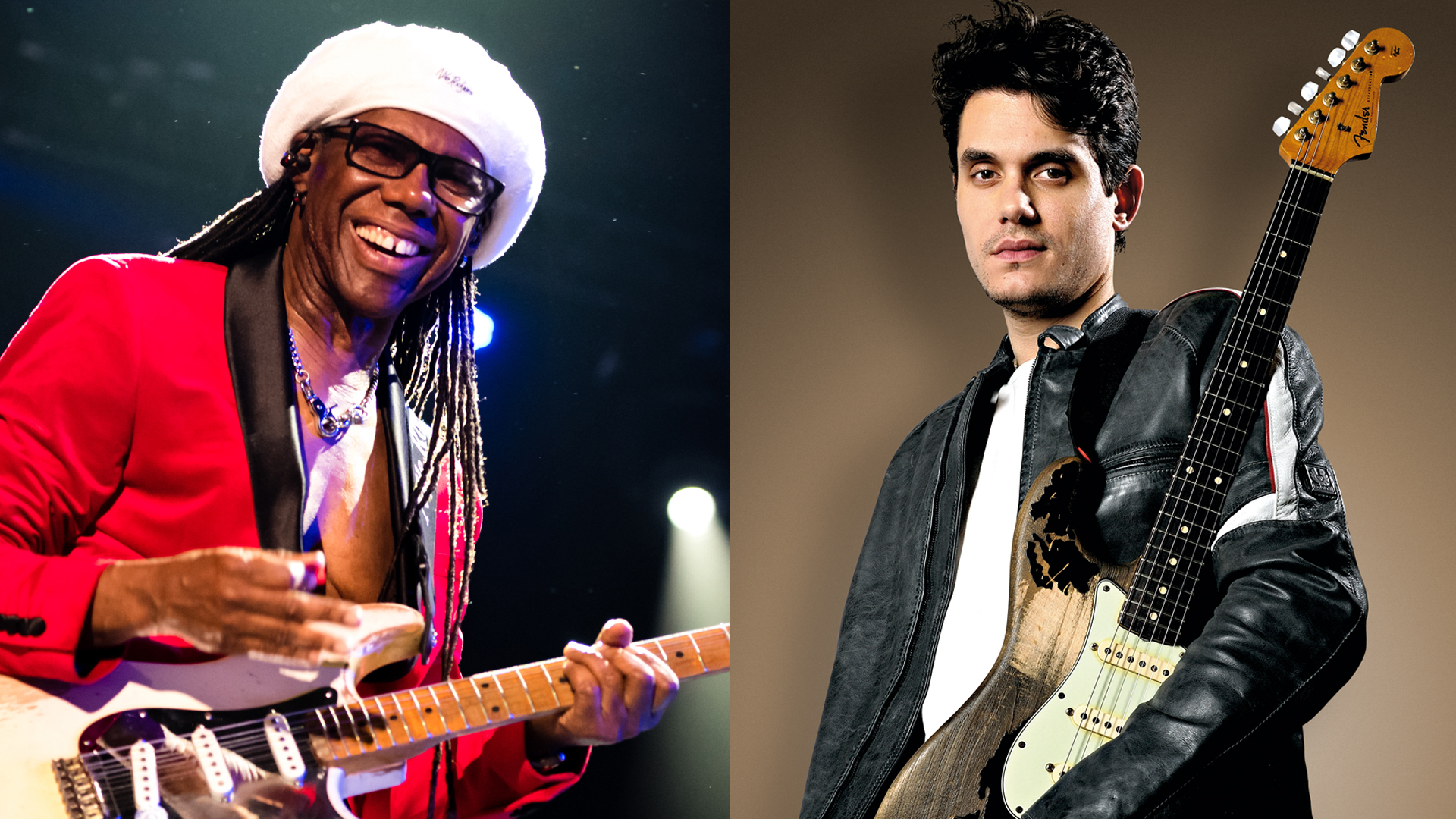Best beginner bass guitars: Starting you off on your low-end journey
Great models for budding bass stars from Squier, Ibanez, Gretsch, Sterling by Music Man and more
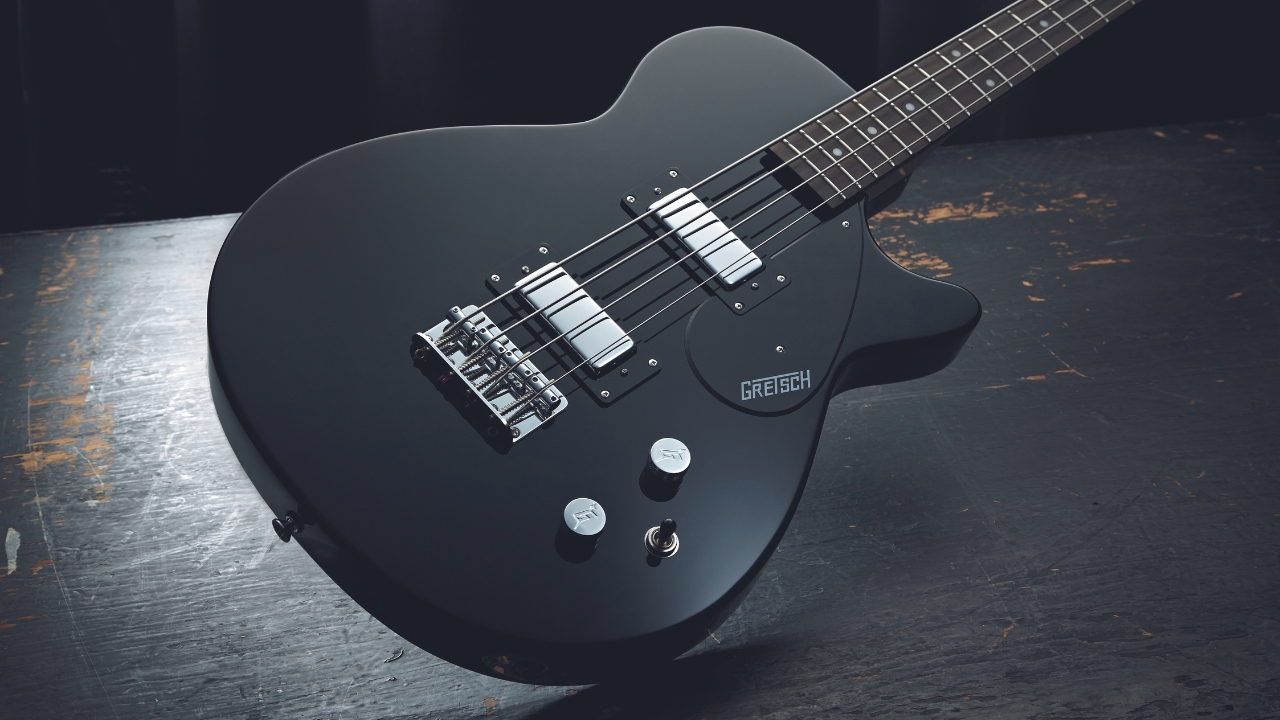
All the latest guitar news, interviews, lessons, reviews, deals and more, direct to your inbox!
You are now subscribed
Your newsletter sign-up was successful
Whether you’re thinking about learning the bass, or have even started doing a few lessons, the prospect of choosing the best beginner bass guitar can be a daunting one. So much choice, and so many options! Fear not. In this guide, we’re going to introduce you to some of the best beginner bass guitars on the market today.
We've tested a lot of bass guitars over the years which allows us to highlight what you should be looking for when choosing a bass guitar for beginners. From the playability and tone to the build quality and aesthetic, we leave no stone unturned in our testing, allowing us to present the very best options for every kind of beginner. Each entry in this buying advice is done by use case, from short-scale basses designed for young learners right through to more fully featured models that are geared towards adults.
If you want to know more about beginner basses before you buy, then make sure to check out our buying advice section which features loads of great advice, and plenty of common questions answered by the guitar gurus here at Guitar Player. If you just want to see the best beginner bass guitar you can buy right now, keep scrolling for our top picks...
The quick list
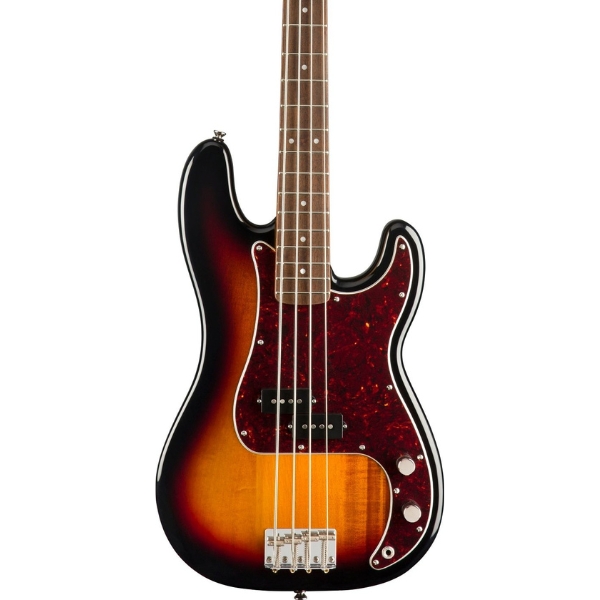
Based on one of the most popular basses of all time, and embodying its tone and look, it's easy to see why the Squier Classic Vibe 60s Precision Bass takes the number one spot.
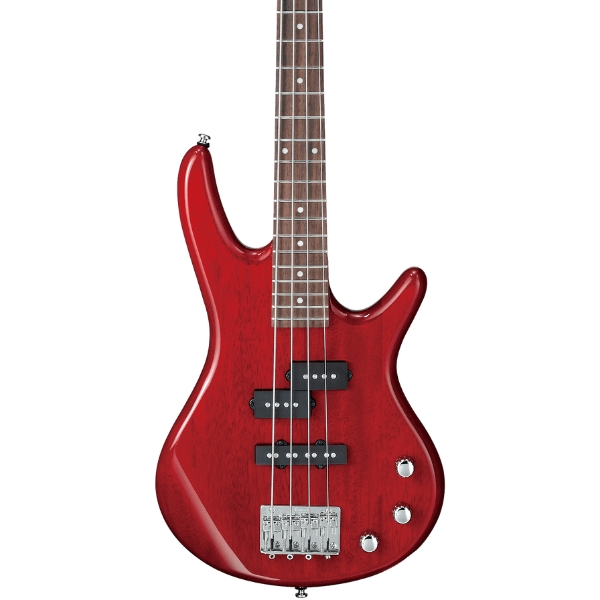
If price is your number one concern, the Ibanez miKro GSRM20 represents phenomenal value for money, combining low cost with a variety of finishes and excellent tonal options.
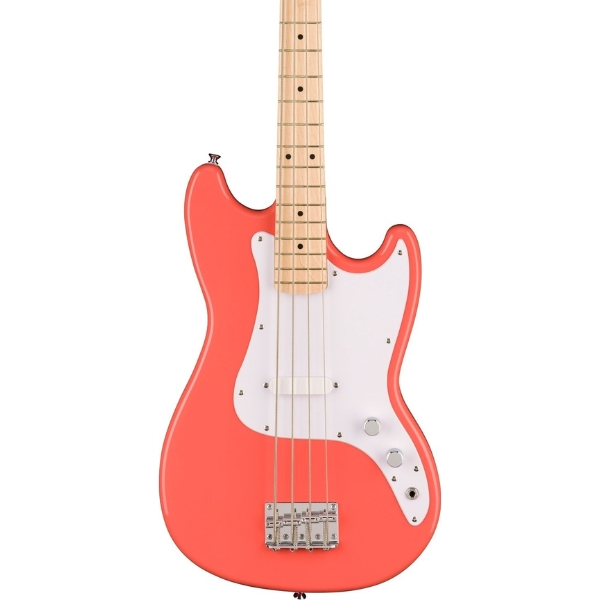
As a short-scale bass, the smaller dimensions of the Squier Sonic Bronco Bass make it perfect for younger players looking to take on the bass guitar for the first time.
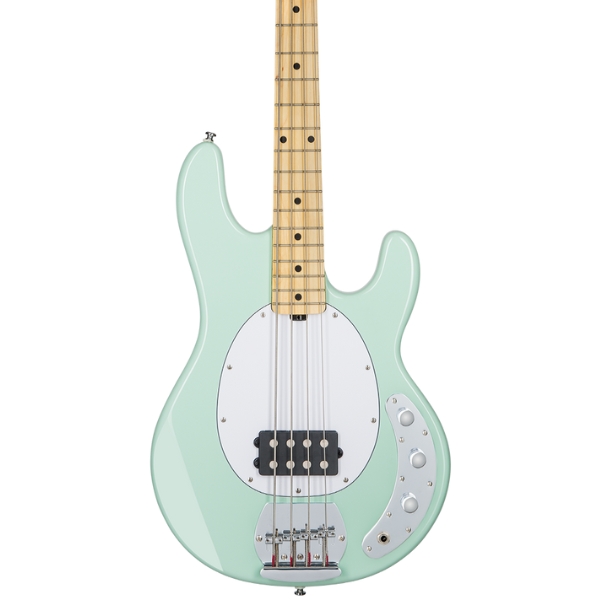
If you're an adult learning to play bass and want something a little more serious, the Sterling by Music Man StingRay RAY4 is a nicely appointed bass guitar that won't cost the earth.
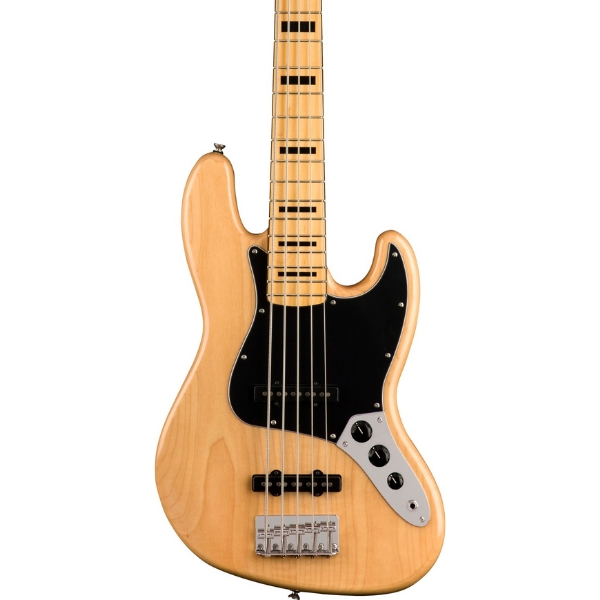
While we wouldn't recommend starting on a five-string, the Squier Classic Vibe 70s Jazz Bass makes for a compelling argument with its silky playability and powerful low-end tones.
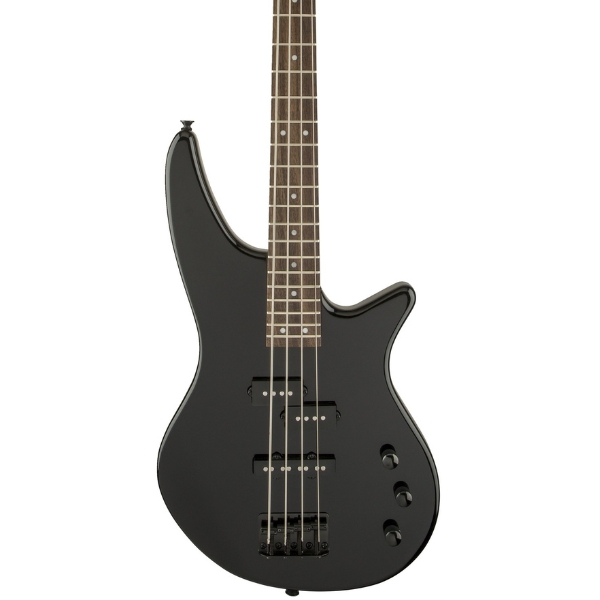
The Jackson Spectra JS2 looks like a metal bass guitar, but it's not just an aesthetic. With switchable passive/active electronics, its got a powerful tone to match the heavy looks.
Best overall
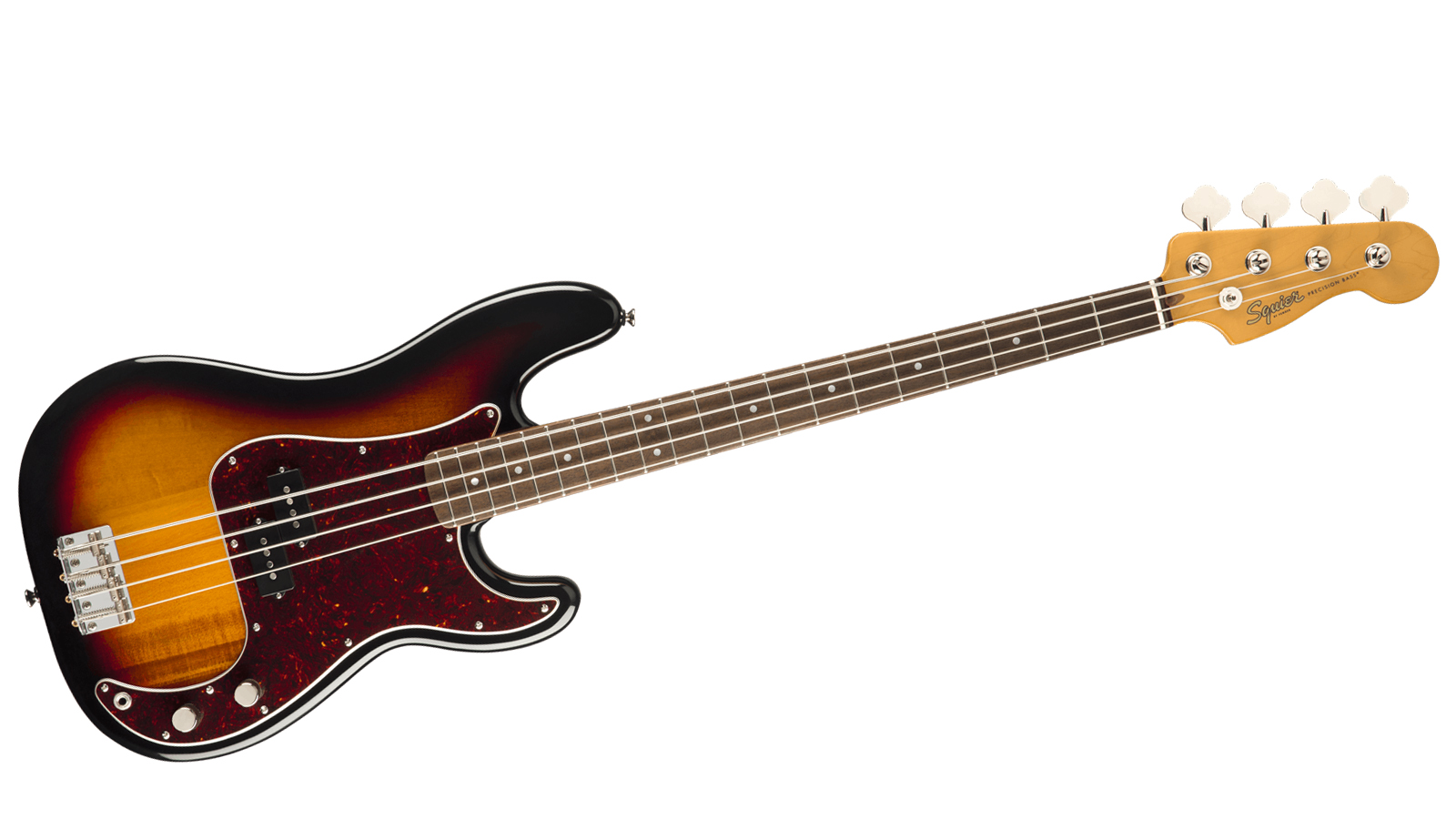
1. Squier Classic Vibe 60s Precision Bass
Our expert review:
Specifications
Reasons to buy
Reasons to avoid
The Squier Classic Vibe 60s Precision Bass is a stone-cold classic silhouette, made affordable thanks to it coming from Fender’s approved sub-brand, Squier. Combining an excellent value price point with fantastic build quality, it's our pick as the top bass guitar for beginners.
It features the same ergonomic design and user-friendly playing experience as its more expensive stablemates, and benefits from the usually high levels of build quality and finish you get from modern Squiers. The neck is a little thinner than you'd get on a more traditional P-Bass too, making it more comfortable for beginners.
That P-Bass growl is present and accounted for here, delivering tones that defy the name on its headstock. It might sit at the top of what you’d call the budget price bracket, but for the money, it’s a lot of instrument and one that will last you well into your playing career.
Best budget
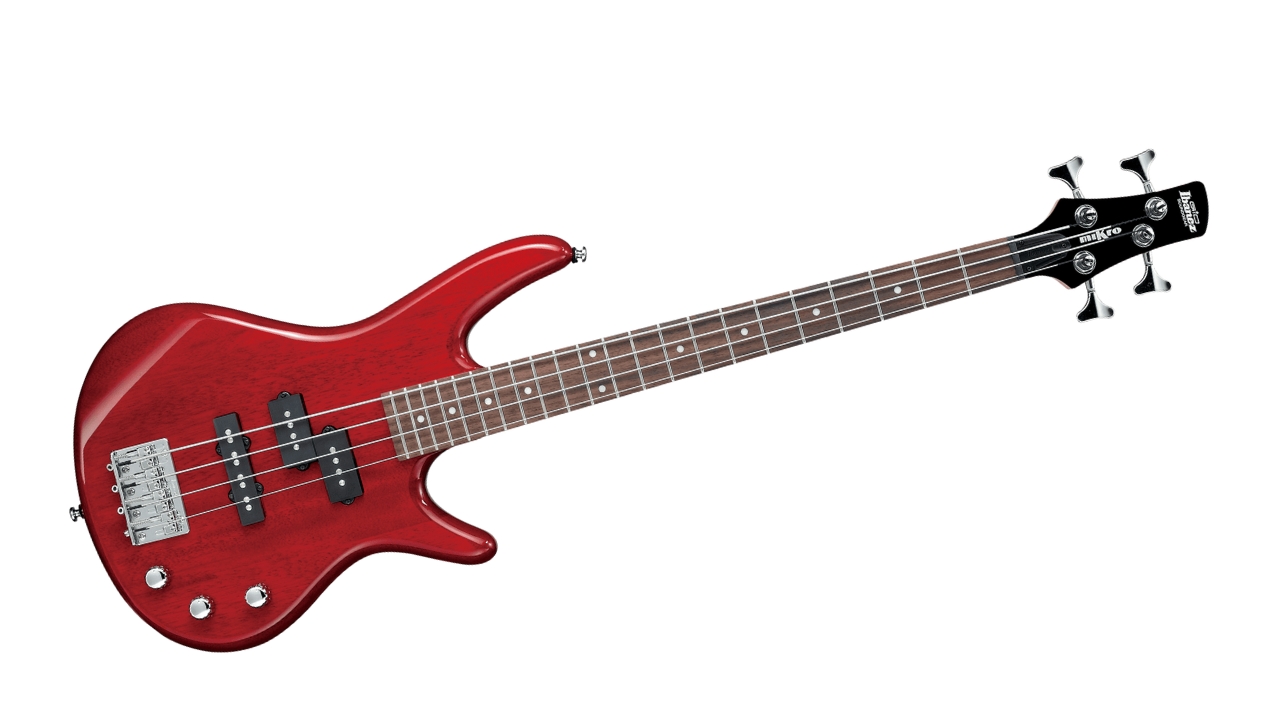
2. Ibanez miKro GSRM20
Our expert review:
Specifications
Reasons to buy
Reasons to avoid
Whether you’re a bassist taking your first steps on the instrument or a musician looking for a cheap bass for your home studio, the Ibanez miKro GSRM 20 is our top choice for the budget-conscious bassist.
The short scale makes it super comfortable to play, and is especially useful for younger players. It does mean extreme downtuning is off the menu, but the playability benefits massively outweigh this slight disadvantage.
The sound is punchy and powerful a characteristic of short scale basses. It’s not quite as refined as some of the others on this list but for the money you can’t knock it. If you’re after an excellent value beginner bass guitar, it doesn’t come much better - or cheaper - than the GSRM20.
Best for kids
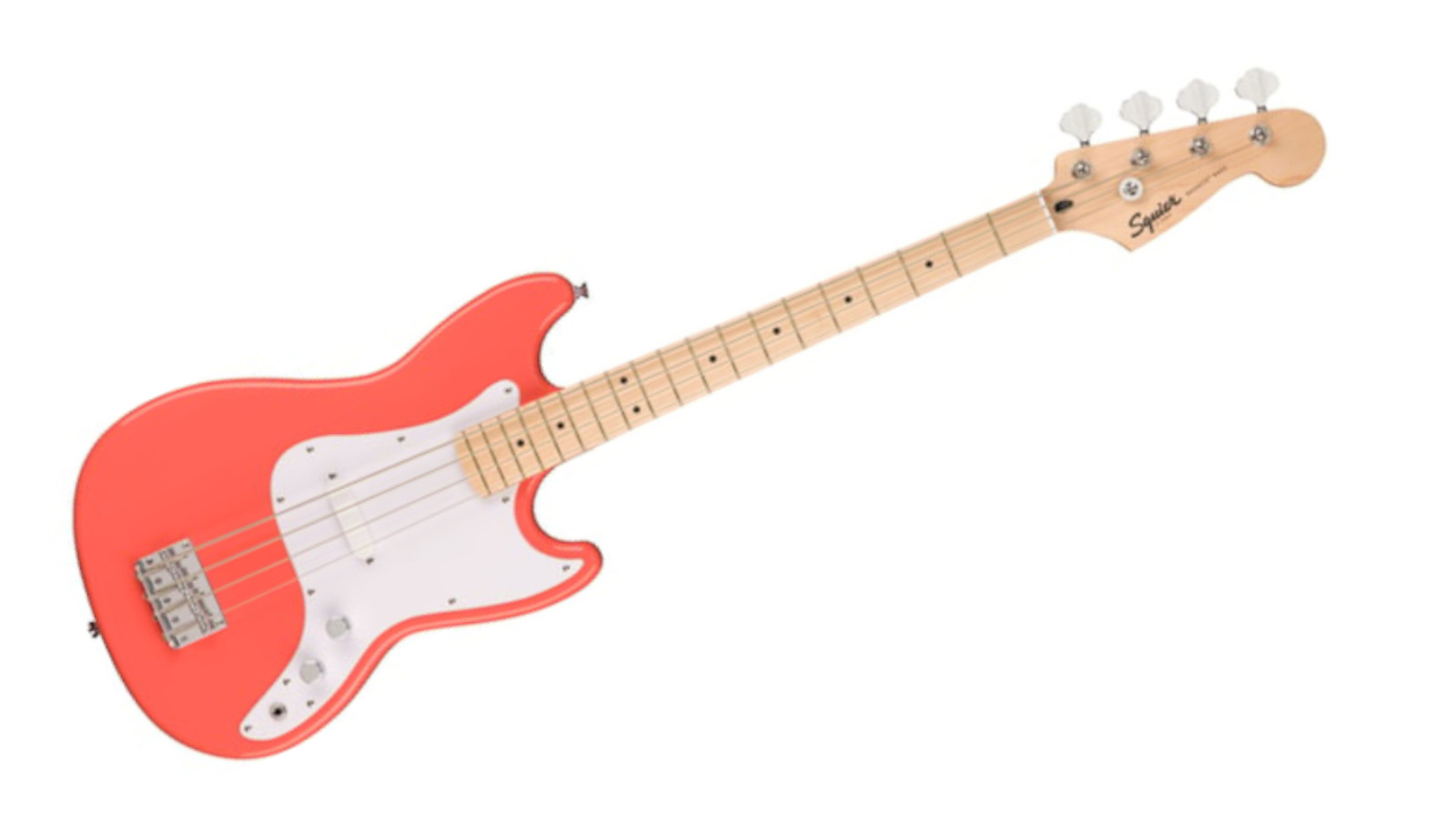
3. Squier Sonic Bronco Bass
Our expert review:
Specifications
Reasons to buy
Reasons to avoid
Designed squarely with the learner in mind, the Squier Sonic Bronco Bass offers superb playability for learners with smaller hands (or arms). It's a simple bass guitar that comes in three cool colors that will appeal to younger players.
This is due to its shorter 30” scale length, which balances the weighty tones you’d expect from an electric bass with the playability of a much smaller instrument. Its well-rounded build quality ensures stability and durability, and will more than stand up to the rigors of practice and performance.
The narrow neck width makes it super comfortable for beginner players and it's got Fender's ever-popular 'C' shape neck profile. It might not be the bass with which you grow old, but as a fast-track to starting your playing career, the Squier Sonic Bronco is a great option.
Best for adults
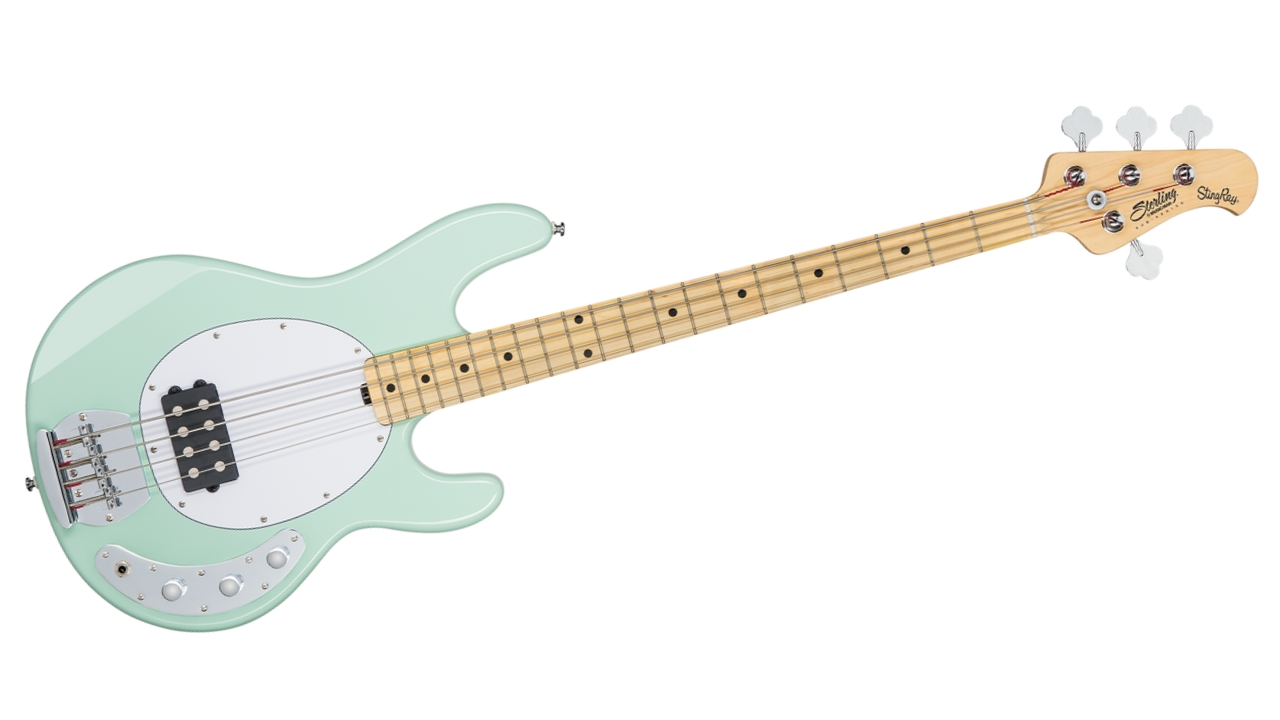
4. Sterling by Music Man StingRay RAY4
Our expert review:
Specifications
Reasons to buy
Reasons to avoid
As a higher-caliber beginner bass guitar, the Sterling StingRay RAY5 offers an elevated playing experience, with superb playability and a more premium grade of craftsmanship. If you're an adult learning to play and you want something more serious, it's the perfect choice.
The StingRay bass is famous for its powerful tonality thanks to its humbucker pickup. A powerful onboard EQ gives you plenty of scope to sculpt your desired sound, while the body shape makes it super comfortable for long playing sessions.
Overall, the RAY5’s superior build quality and durability mark it out as an instrument that you can grow with, so if you’re serious about learning then this is an easy bass to recommend.
Best 5-string
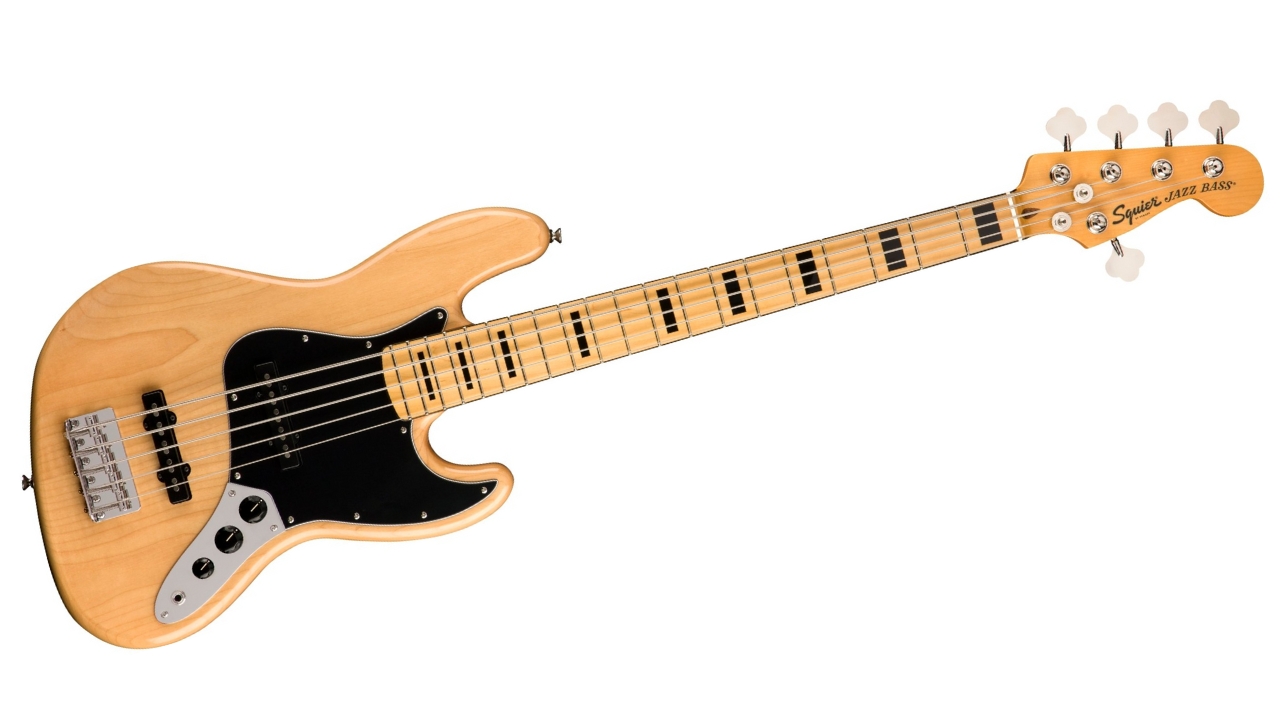
5. Squier Classic Vibe 70s Jazz Bass V
Our expert review:
Specifications
Reasons to buy
Reasons to avoid
The Squier Classic Vibe 70s Jazz Bass V offers beginners a classic aesthetic combined with some neat modern touches. Drawing inspiration from the iconic history of the Jazz bass, the Classic Vibe is perfect for players learning rock and blues genres who want a bit of extended range.
Despite it technically being an entry-level guitar, the Classic Vibe Jazz is extremely well made, and in the hands feels like a solid piece of musical history just waiting to be played. That 5-string neck is quite wide though, so younger or smaller players may find it difficult initially.
We found the pickups to be articulate on the low B, and they deliver plenty of powerful tone with the slightly scooped mids the J-Bass is famous for. It’s on the larger side of the bass guitar spectrum, and is a hassle to store in a guitar rack due to its offset body, but tonally and playability-wise it’s more than worth it.
Best for metal
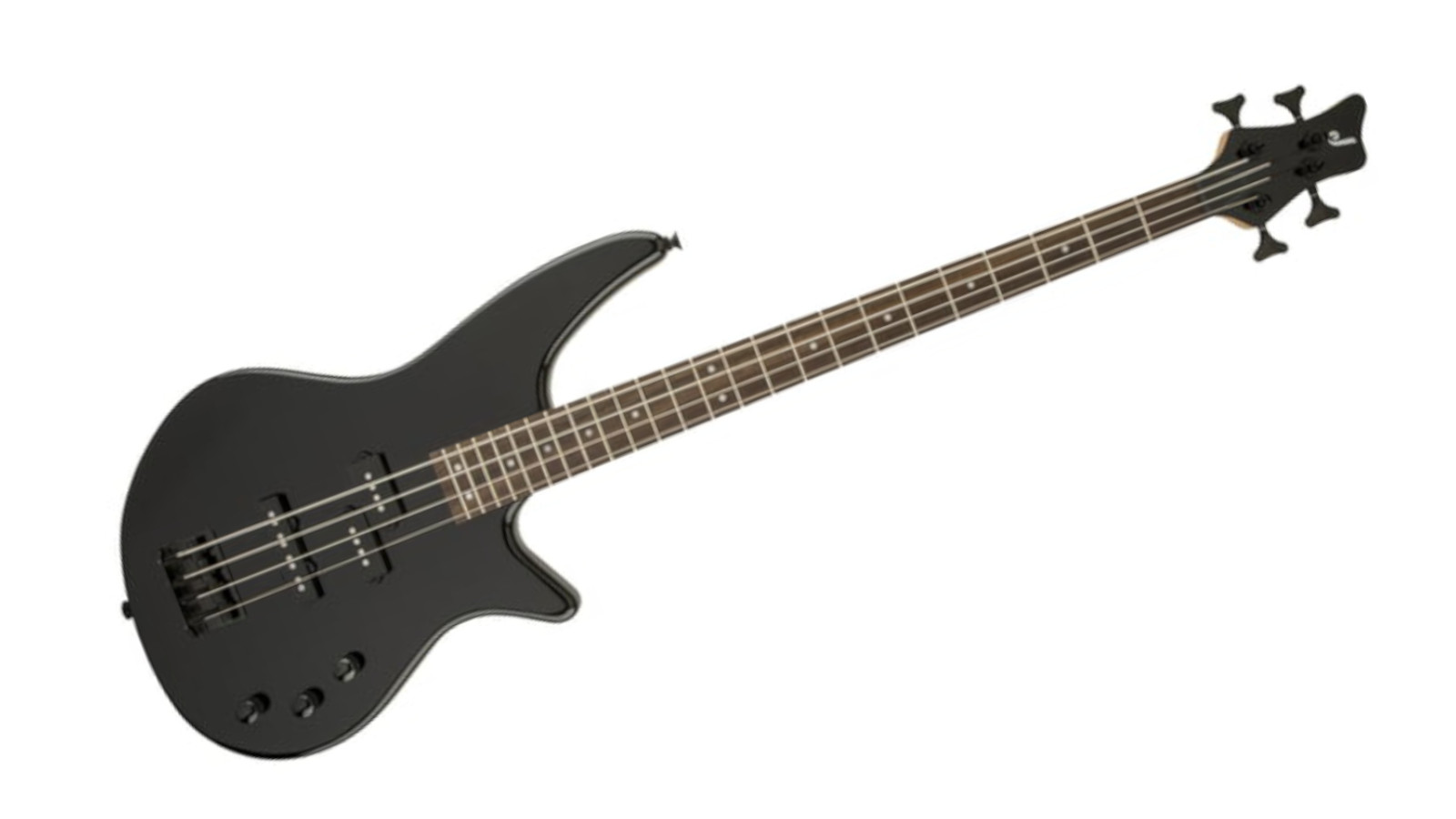
6. Jackson Spectra JS2
Our expert review:
Specifications
Reasons to buy
Reasons to avoid
The Jackson Spectra JS2 is a great bass if you're a beginner and you love metal. It delivers that none-more-metal aesthetic, and offers plenty of tonal flexibility thanks to its switchable passive/active electronics.
We found the neck to be really comfortable and ideal for learning faster metal styles like thrash, for example. A belly cut out makes it nice and comfortable, an excellent trait for beginner bassists who will need to spend plenty of time honing their chops to master the technicality of metal bass guitar.
The ability to swap between active and passive electronics makes it super versatile, so if you just want that metal aesthetic but don't necessarily want to play the genre exclusively, it'll do a great job at a variety of styles.
More options...
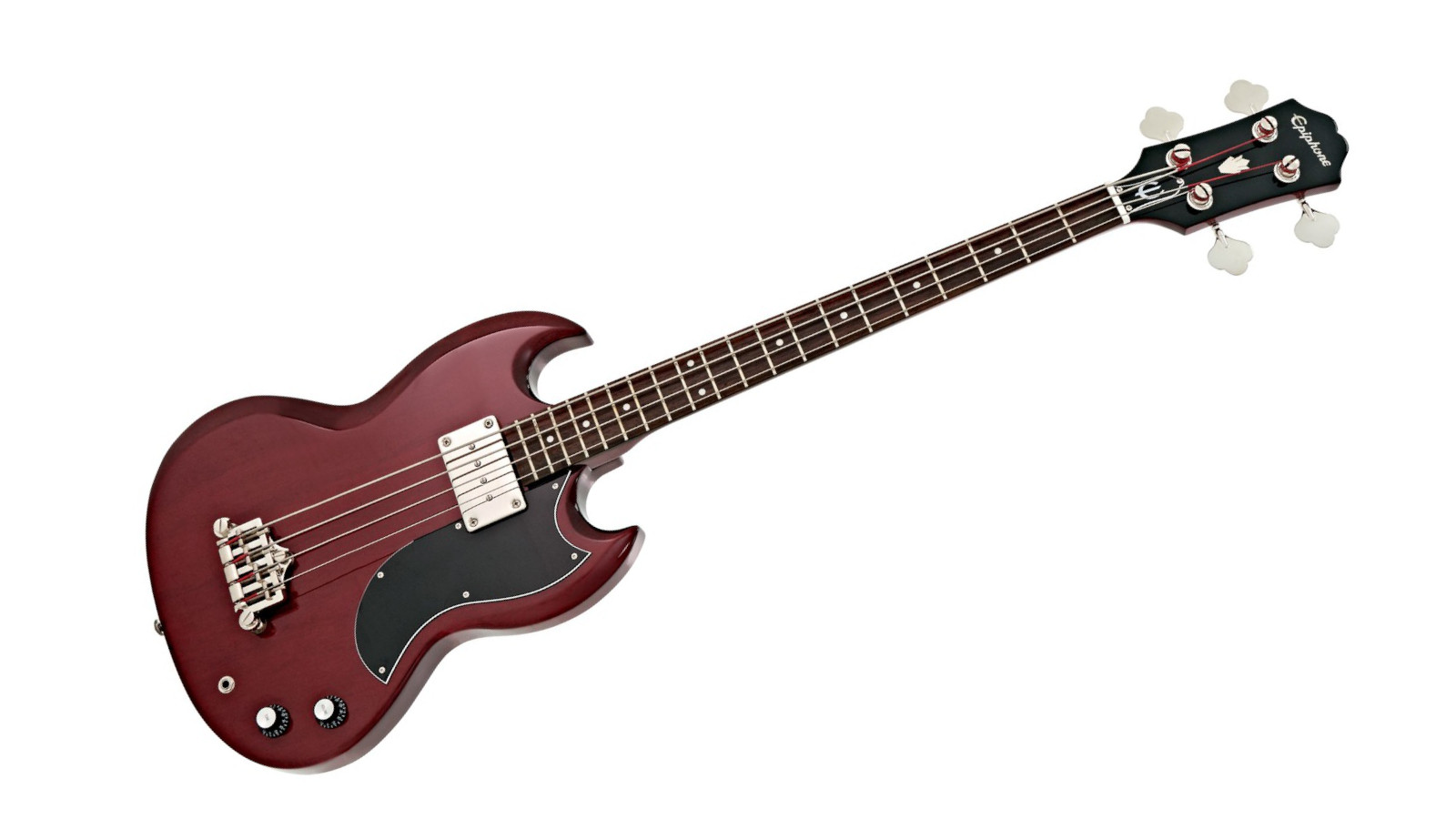
7. Epiphone SG EB-0
Our expert review:
Specifications
Reasons to buy
Reasons to avoid
Capturing the very essence of classic rock, the Epiphone SG EB-0 is certainly a looker with its iconic double cutaway body. Also known as the SG E1, this is a very capable beginner bass guitar.
The single pickup delivers a rich, warm sound that will sit well under an overdriven guitar, while the thin neck is ideal for guitarists looking to round out their skills on a familiar style of bass. While the tonal options aren't as varied as others on this list, this bass guitar sounds positively thunderous with its neck humbucker, perfect for harder styles of music.
The short scale length means it’s not going to cope with downtuned metal styles, however, it does mean it will complement less aggressive sounds perfectly. We did also find that when used on a guitar strap, it was slightly headstock-heavy, meaning the guitar had a tendency to tilt to the left.
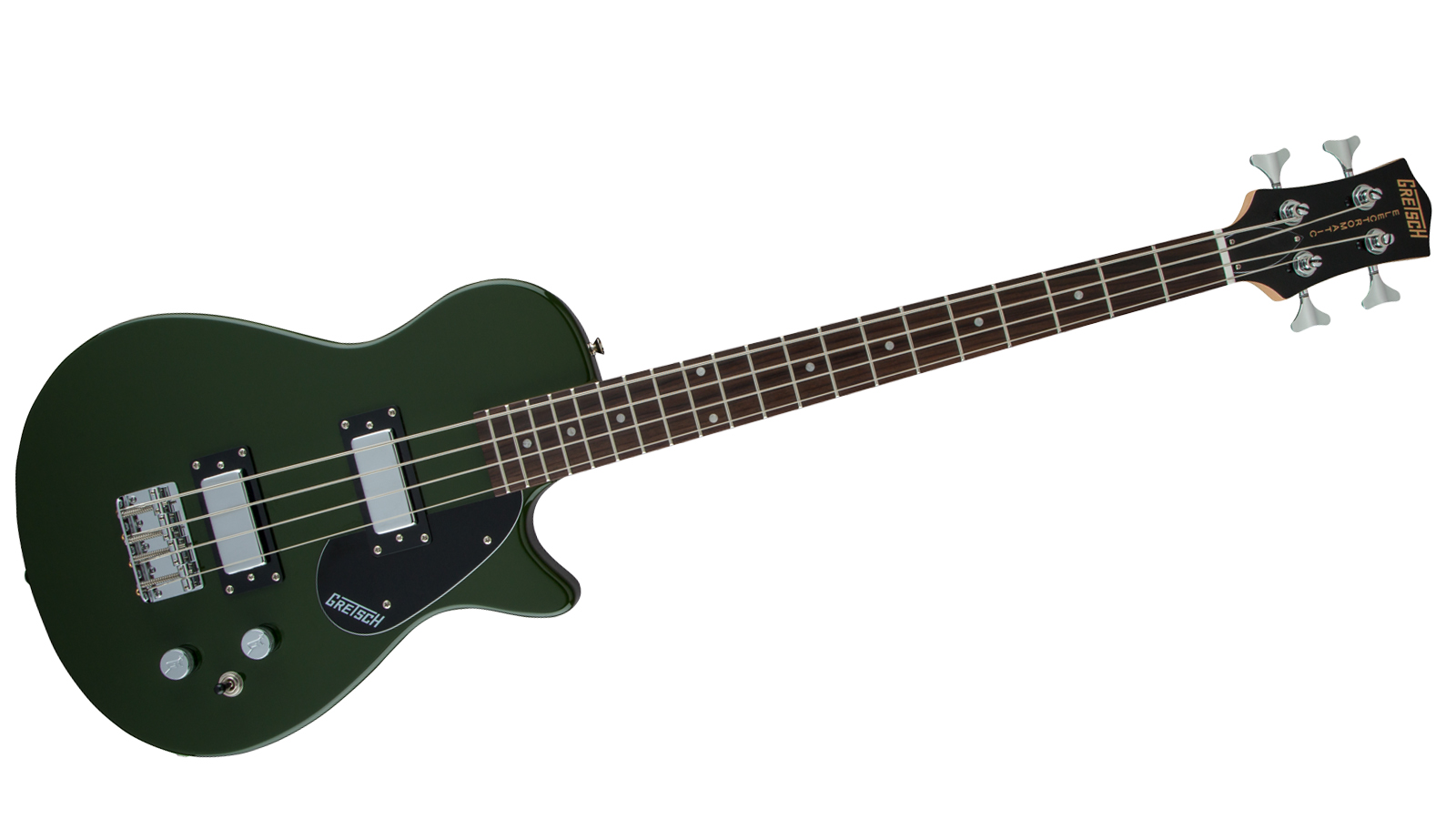
8. Gretsch G2220 Junior Jet II
Specifications
Reasons to buy
Reasons to avoid
Designed to nurture the talents of beginners, while keeping the achingly cool aesthetic of the name on the headstock, the Gretsch G2220 is a masterclass in simple, retro charm.
As another shorter-scale bass, the G2220 is perfect for small hands, small arms, and smaller wallets. And yet, despite its affordable price tag and lack of bells and whistles, it remains a solid option for beginners thanks to its selectable pickups and the high levels of build quality you’d expect from one of the oldest names in the guitar world.
We found it to be well-suited to rock, indie, and folk especially, and were more than happy with its ability to cut through mixes containing acoustic guitars in particular. It's more than happy in other genres too, and features a punchy tone that plays well with others.
Buying advice
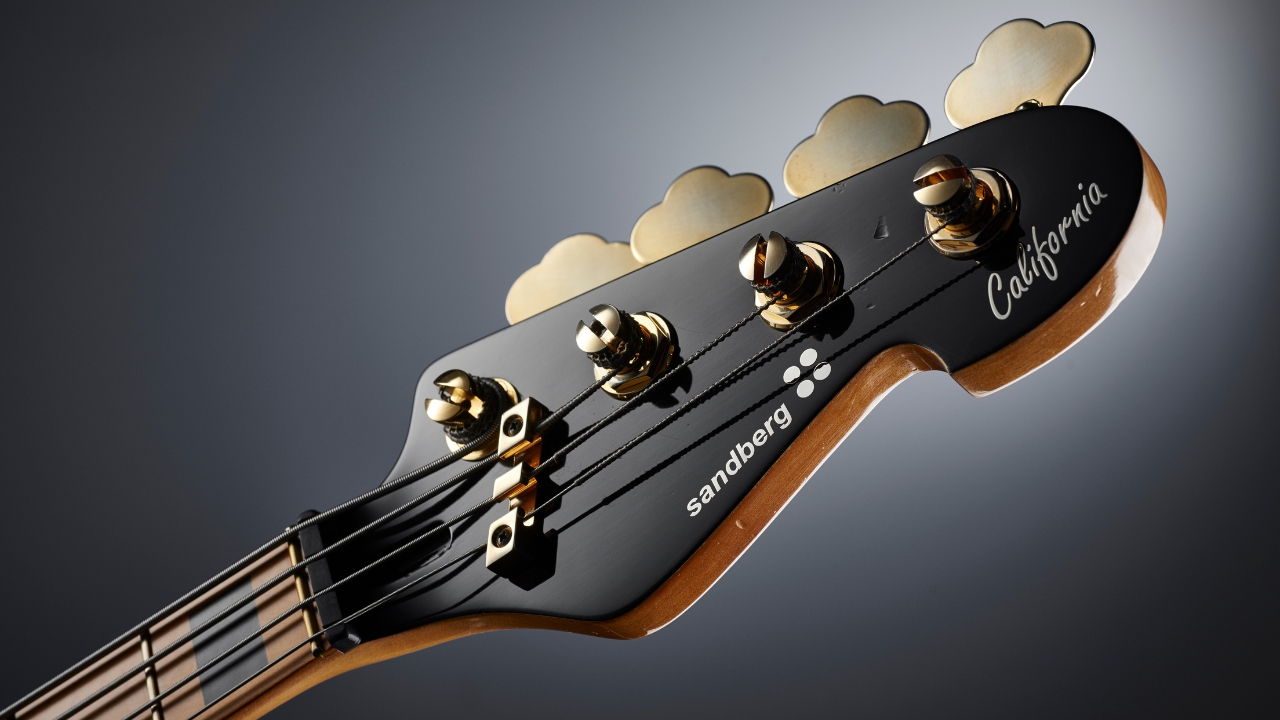
How to choose the best beginner bass guitar for you
You can trust Guitar Player.
When it comes to choosing a beginner's bass guitar, there are a few things to consider. First and foremost, playability reigns supreme. The best beginner bass guitar should offer a comfortable and ergonomic design that facilitates effortless playing, especially for those just starting to navigate the fretboard. Look for a smooth and well-finished neck with low action, allowing for easy finger movement and minimal strain on the hands. Additionally, consider the scale length of the bass – a shorter scale length can be more accommodating for beginners with smaller hands, providing easier access to frets without sacrificing tone.
Next, consider the build quality of the instrument. While beginners may not yet require the utmost durability of professional-grade instruments, opting for a bass guitar with solid construction is essential for longevity and reliability. Inspect the materials used, paying close attention to the body, neck and hardware. A well-built bass guitar will see you through years of practice and performance, and may even survive the odd drop or ding without holding it against you.
Tone is another crucial aspect to consider. While beginners may not yet have a refined ear for tone, selecting a bass guitar with a versatile sound is a wise move, depending on the style you play. Look for instruments equipped with quality pickups that offer a range of tones, from deep and punchy to bright and articulate. This versatility allows beginners to explore different genres and styles as they develop their playing skills, without feeling limited by their instrument's sonic capabilities.
Aesthetics, while subjective, should not be overlooked. A visually appealing bass guitar can inspire and motivate beginners to pick up their instrument and practice regularly. Choose a bass with a design that resonates with your personal style and preferences, whether it's a classic and understated look or a bold and eye-catching finish.
Lastly, consider your budget. While it's tempting to splurge on a high-end instrument, there are plenty of affordable options available that offer excellent quality and value for beginners. Set a realistic budget and explore reputable brands known for their beginner-friendly offerings, such as Squier, Ibanez and Gretsch.
In summary, when choosing a bass guitar for beginners, prioritize playability, build quality, tone, aesthetics, and budget. By carefully considering these factors and properly doing your research, you can confidently select an instrument that sets you on the path to a lifetime of enjoyment.
What kind of bass guitar should I start with?
Even though we've included a five-string bass on this list, we'd recommend starting with a four-string bass for your first. For younger players, a short-scale bass guitar is also highly recommended, as the neck is slightly shorter than that of a regular-sized bass, making it much easier to play. Short-scale bass guitars aren't just for young players though, many advanced bassists prefer the playability and punchy tone a short-scale bass offers.
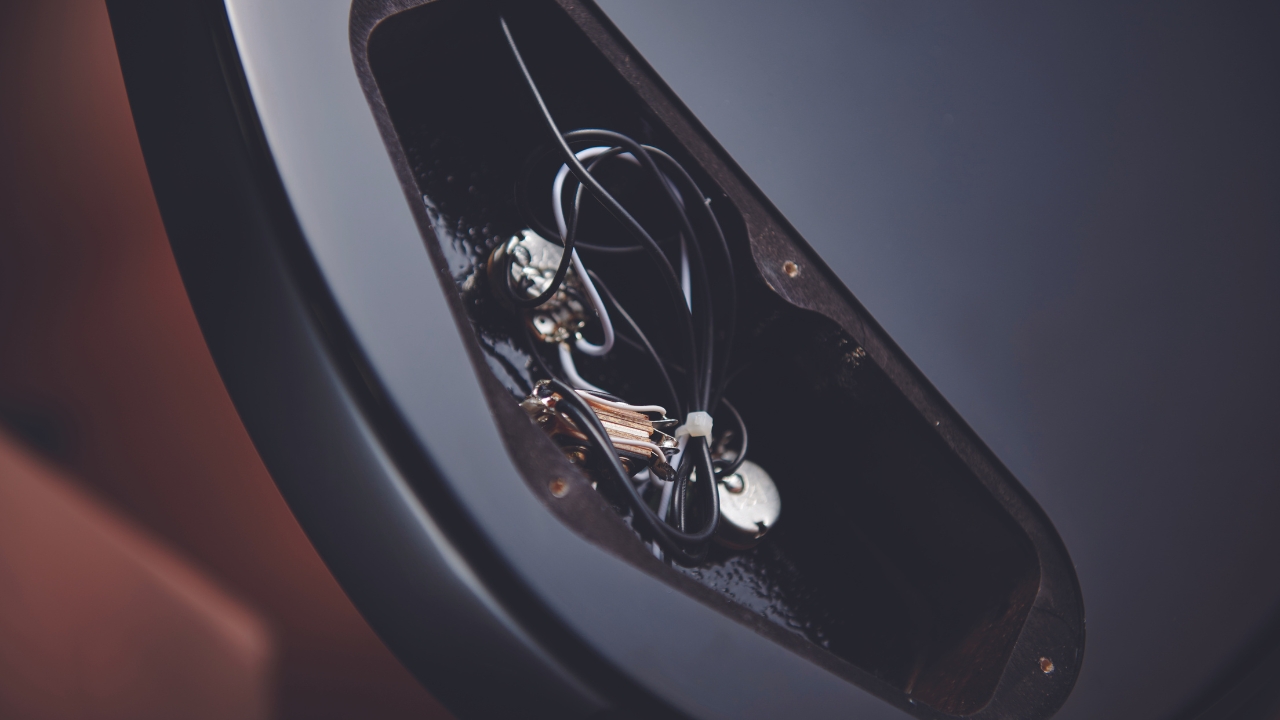
Are bass guitars beginner-friendly?
In terms of pure physicality, a bass guitar is undoubtedly harder to play than an acoustic guitar or electric guitar. The fact that it's larger and the strings are thicker means that you'll need to build up your hand and finger strength more than a regular-sized six-string.
That said, in some ways, a bass guitar is actually quite beginner-friendly. There are fewer strings than an electric guitar so it's easier to get your head around which notes to play. Many famous bass riffs don't use chords, making it simpler for beginners to get a more immediate sound they recognize out of the instrument too.
Should a beginner buy an expensive bass guitar?
We'd always recommend any beginner start with something cheaper. Buying an expensive bass guitar for your first is not only a potentially bad investment if you don't decide to carry on with the instrument, but could prove costly should you accidentally damage it as well. Much like getting a low cost first car, you want something you can make mistakes with, without the fear of it potentially costing you.
How we test
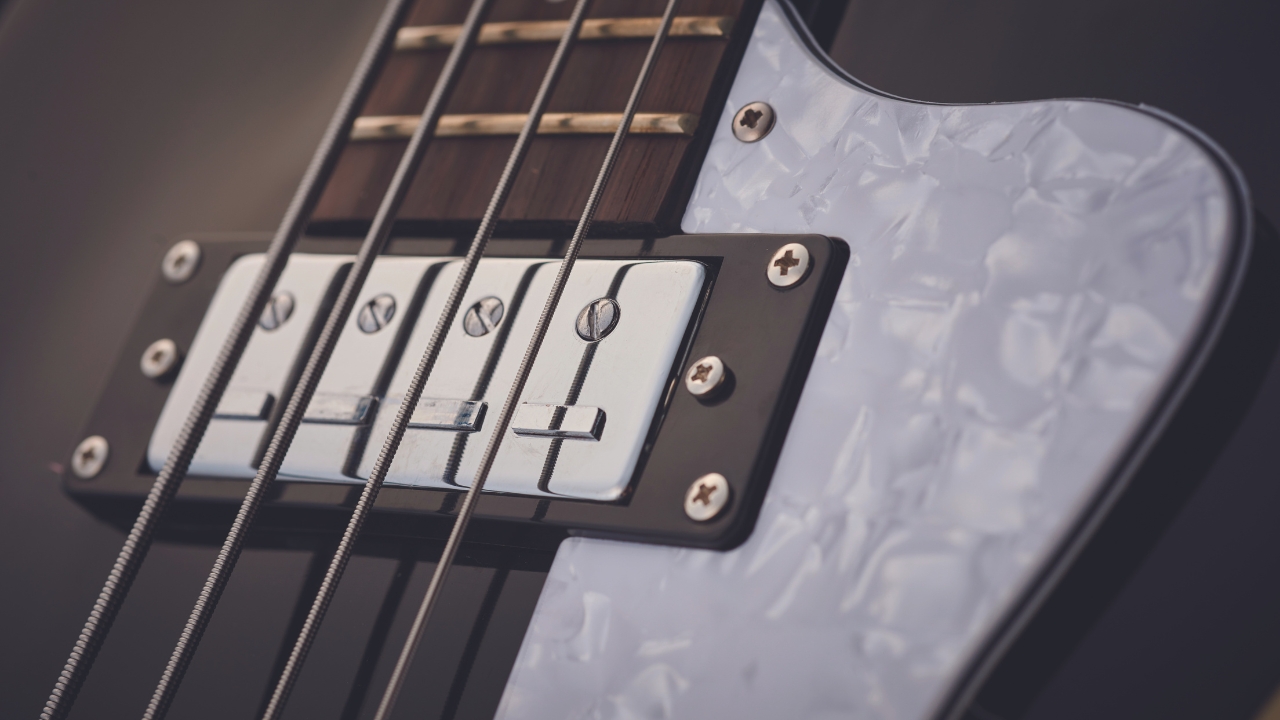
Here at Guitar Player, we've tested our fair share of bass guitars over the years. Our approach to testing has always been meticulous, ensuring parity across multiple reviews in a particular product category. These reviews also inform the choices in our buying guides, giving our writers the expertise to judge whether or not a product is suitable for its particular use case.
Here's a breakdown of what we look for when reviewing a beginner bass guitar:
1. Build quality - We'll start by examining the bass from headstock to bridge. We're looking to see that everything is solid and well put together. We check the neck joint to ensure there are no gaps, the machine heads and knobs are solid, and that the pickups are sitting nicely. We'll also examine the finish to make sure there are no defects there either.
2. Playability - Next we'll play the bass, testing its playability with various playing techniques and different types of music. As we're looking at beginner basses it's important to note the comfort of the neck profile with potentially younger players in mind, as they'll need a smaller size to make the most of the instrument.
3. Sound - Finally we'll test the bass guitar with a bass amp. Sound is a subjective thing, but our writing team has had extensive experience listening to different bass guitars, so we know the qualities to look for. A good bass will be articulate, particularly in the lower registers, delivering plenty of low-end power that with good amplification should deliver room-shaking sounds. It's also important to note the context of the instrument. We'd expect a very different sound from a vintage-inspired instrument to that of a more modern, active pickup-equipped bass.
Typically we'll test any bass guitars we're reviewing over a period of at least a couple of weeks. This allows us to really get to know it, and use it in various contexts whether it's from the comfort of our own home with headphones, right through to playing it at live shows.
Read more on how we test gear and services at Guitar Player.
Related buyer's guides
- Looking for a bass bargain? Check out the best bass guitars under $500
- Our pick of the best beginner electric guitars
- Unplug with the best acoustic guitars for beginners
- The best guitar tuners keep you sounding great
- Practice silently with the best headphone amps for guitar
- Organize your pedals with the best pedalboards
- Get clear sound with the best guitar cables
All the latest guitar news, interviews, lessons, reviews, deals and more, direct to your inbox!
Chris Corfield is a journalist with over 12 years of experience writing for some of the music world's biggest brands including Orange Amplification, MusicRadar, Guitar World Total Guitar and Dawsons Music. Chris loves getting nerdy about everything from guitar gear and synths, to microphones and music production hardware.
- Matt McCrackenJunior Deals Writer

